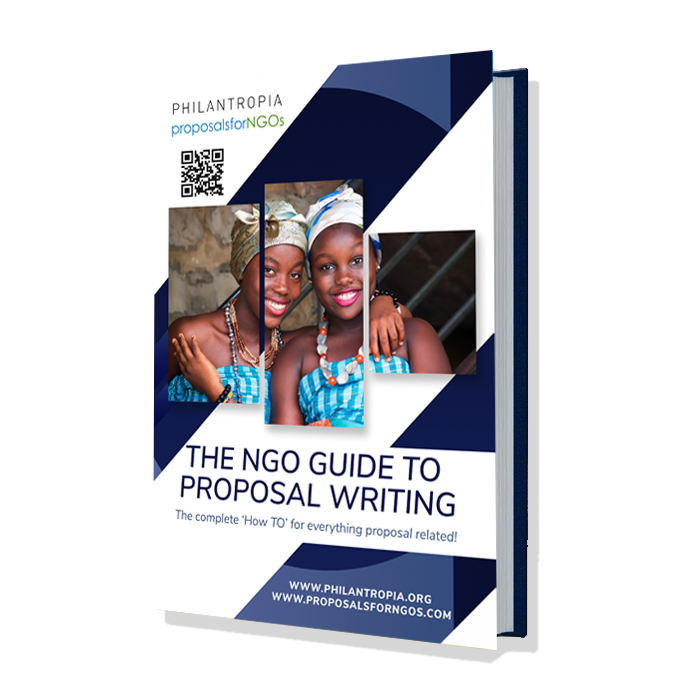Securing funding for your research or innovation project can be a tiring task, especially in the competitive landscape of Horizon Europe. The grant funding is the highest in Horizon Europe for any research and innovation in comparison to any other national or international grants. So, one needs to keep in mind that proposal writing is going to be tough.
As Europe’s flagship research and innovation program, Horizon Europe offers unparalleled opportunities for any organization that is working on research and innovation. Horizon Europe has a budget of around €95.5 billion for 2021–2027. However, crafting a successful proposal requires more strategic thinking, planning, and persuasive communication. In this article, we will explore the essential steps to writing a compelling proposal that stands out in the Horizon Europe ecosystem.
Understand the program:
Understand Horizon Europe’s objectives, priorities, and evaluation criteria. Familiarize yourself with the program’s overarching goals, such as promoting scientific excellence, driving innovation, and addressing societal challenges. Take the time to explore the thematic areas and funding priorities relevant to your project, aligning your proposal with the program’s strategic objectives. Check the eligibility criteria before you start the application. Only if you are eligible to apply can you go ahead with the proposal writing.
Horizon Europe typically funds research and innovation projects tackling societal challenges with an emphasis on EU industrial leadership, recovery, and the green and digital transitions (e.g., high-performance computing, artificial intelligence, data and robotics, batteries, smart cities, cancer and rare diseases, the carbon-neutral and circular industry, and the blue economy). The budget is divided among four pillars and 15 components to create a program that supports all the areas of research and innovation:
- excellent science, global challenges:
- European Research Council;
- Marie Skłodowska-Curie actions;
- research infrastructure.
- industrial competitiveness:
- health;
- culture, creativity, and inclusive society;
- civil security for society;
- digital, industry, and space;
- climate, energy, and mobility;
- food, economy, natural resources, agriculture, and environment;
- Non-nuclear direct actions of the Joint Research Centre.
- innovative Europe:
- European Innovation Council;
- European innovation ecosystems;
- European Institute of Innovation and Technology.
- widening participation and strengthening the European research area:
- widening participation and spreading excellence;
- reforming and enhancing the European research and innovation system.
The Horizon Europe Regulation establishes a range of targets concerning the use of the budget:
- 35 % of the budget contributes to climate objectives;
- there is a substantial increase in spending on main digital research and innovation activities compared to Horizon 2020;
- 70 % of the budget of the European Innovation Council is allocated to small and medium-sized enterprises; at least 3.3 % of the budget is committed to the program part dedicated to widening participation and spreading excellence;
- investment in space is commensurate with that under Horizon 2020;
- the participation of industry in the actions should be supported at levels at least commensurate with those under Horizon 2020;
- the budget should contribute to the overall ambition of providing 7.5% of annual spending under the MFF to biodiversity objectives in 2024, and 10 % of annual spending under the MFF to biodiversity objectives in 2026 and 2027.
Structure your proposal:
A well-structured proposal is essential for capturing the attention of donors and conveying your ideas effectively. Break down your proposal into various logical sections, including:
- Introduction: Provide a concise overview of your project, highlighting its significance and relevance to Horizon Europe’s objectives.
- Objectives: Clearly define the goals and objectives of your project, outlining the specific outcomes you aim to achieve.
- Methodology: Describe the approach, methodologies, and techniques you will use to conduct your research or implement your innovation.
- Impact and Sustainability: Articulate the expected impact of your project and how it contributes to addressing societal challenges. Discuss the long-term sustainability of your proposed activities. You need to remember that your proposed activities must meet the actions supported by the Horizon Europe programs. The actions that are supported by Horizon Europe are as follows:
- networking and coordination;
- research;
- innovation;
- pilot actions;
- market deployment actions;
- training and mobility actions;
- dissemination and exploitation of results, etc.
- Partnerships: Describe the group of organizations involved in your project, highlighting what each partner is good at and what resources they have. Emphasize the collaborative nature of your project and the synergies between different stakeholders.
Develop a convincing narrative:
The primary aim of the proposed project is to secure funding. While organizations may possess profound insights into a particular field and the required interventions, the essence of proposal writing lies in effectively communicating this information to individuals who may lack similar expertise or any background in the subject matter.
A strong intervention needs to show that the organization or project team has the skills and knowledge needed to make the proposed solution work. Within the proposal application, this entails showcasing relevant capacities for leading activities and work packages, as well as a robust project management structure, clear division of roles, effective dissemination and communication strategies, and a comprehensive risk mitigation approach.
Leveraging Resources and Support
Take advantage of the resources and support available to help you navigate the proposal writing process. Familiarize yourself with Horizon Europe’s guidelines, templates, and support tools, such as the Horizon Europe Engagement Toolkit and Proposal Evaluation Guidelines. Seek feedback from colleagues, mentors, or professional consultants to refine your proposal and address any potential weaknesses. All funding information and procedures on how to apply are on the funding and tenders portal.
Learn more about Horizon Europe here.
–
Writing a winning proposal for Horizon Europe requires a combination of strategic thinking, technical expertise, and effective communication skills. By understanding the program’s objectives, embracing impact orientation, structuring your proposal thoughtfully, crafting a compelling narrative, and leveraging available resources and support, you can increase your chances of success in securing funding for your research or innovation project. Remember, the journey of proposal writing is as much about the process as it is about the outcome—so embrace the challenge, learn from feedback, and continue to refine your skills as a proposal writer in the dynamic landscape of Horizon Europe.


